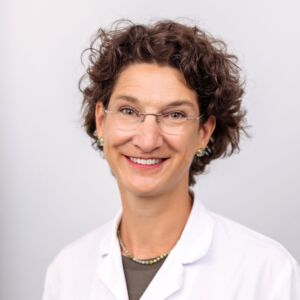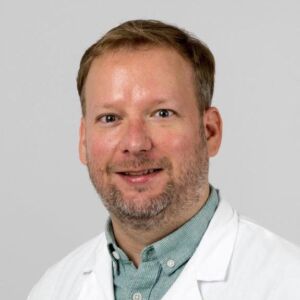Diagnostics in the hospital hygiene laboratory
Pathogen detection of patients with multi-resistant germs
The following pathogens can be detected in the hospital hygiene laboratory:
- Methicillin-resistant Staphylococcus aureus (MRSA)
- Vancomycin-resistant enterococci
- Multi-resistant Gram-negative rods (multi-drug resistant, MDR)
- Extended spectrum beta lactamase (ESBL) formers
- Carbapenemase-producing enterobacteria (carbapenemase-producing enterobacteriaceae, CPE)
Sample material
The hospital hygiene laboratory analyzes:
- Airborne germ measurements (aspergillus)
- Water tests (legionella)
- Microbiological controls of medical devices
Epidemiological studies
The frequent detection of specific pathogens may be associated with transmission in hospital. In such situations, it may be necessary to examine and characterize (typify) the bacteria for the presence of special properties or to detect possible carriers or contaminated objects (blood pressure cuff, etc.).
- Typing of bacteria
- Environmental investigations
Follow-up swabs from patients with multi-resistant germs
The hospital hygiene laboratory examines follow-up swabs from isolated patients for the following multi-resistant germs:
- Methicillin-resistant Staphylococcus aureus (MRSA)
- Vancomycin-resistant enterococci
- Multi-resistant Gram-negative rods( multi-drug resistant, MDR)
- Extended spectrum beta lactamase (ESBL) formers
- Carbapenemase-producing enterobacteria( carbapenemase-producing enterobacteriaceae, CPE)
Microbiological tests of relevance to hospital hygiene
- Airborne germ measurements (aspergillus)
- Water tests (legionella)
- Microbiological controls of medical devices
Tests for suspected transmission of multi-resistant germs
- Typing of bacteria
- Environmental investigations

